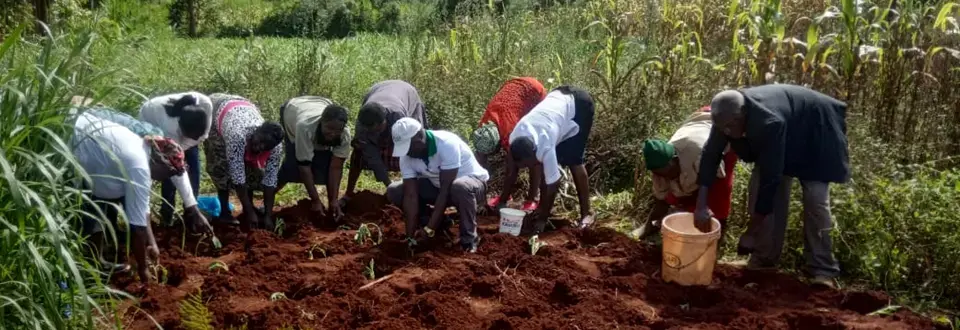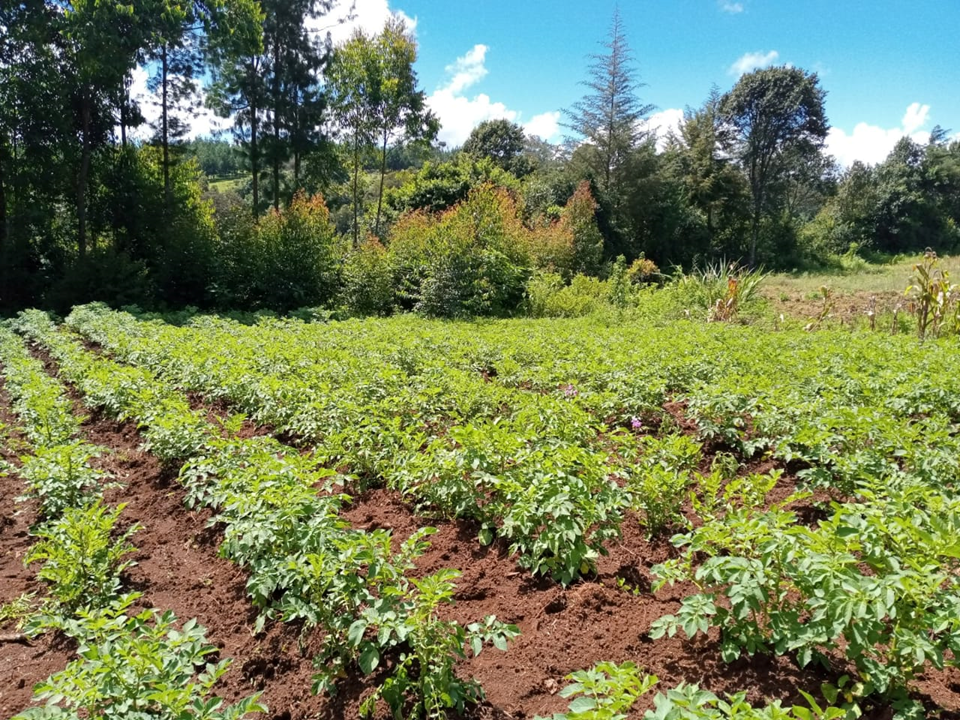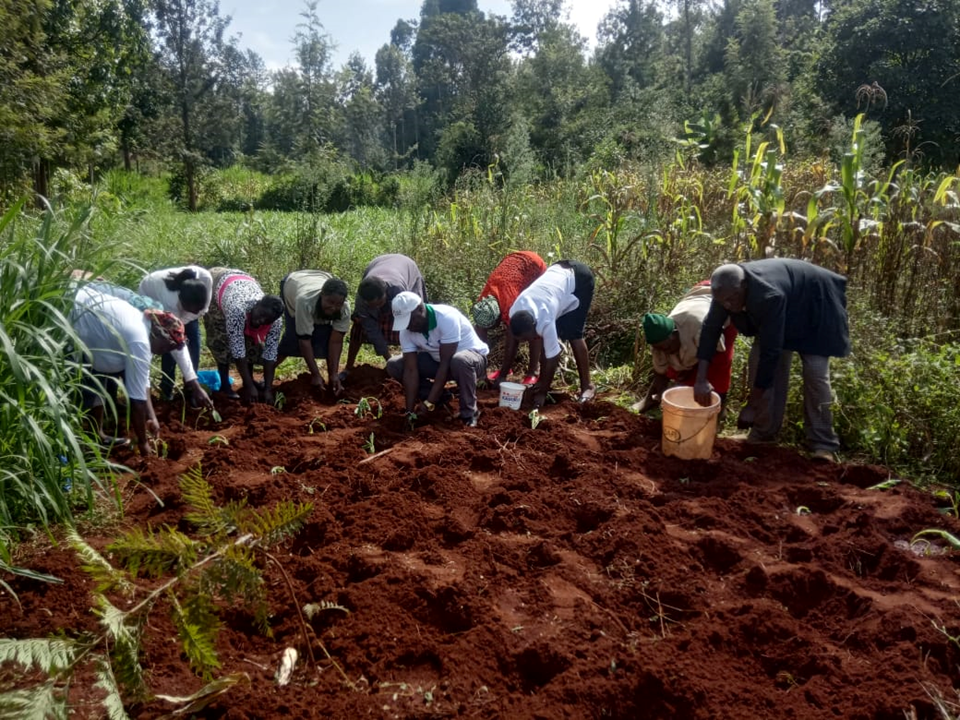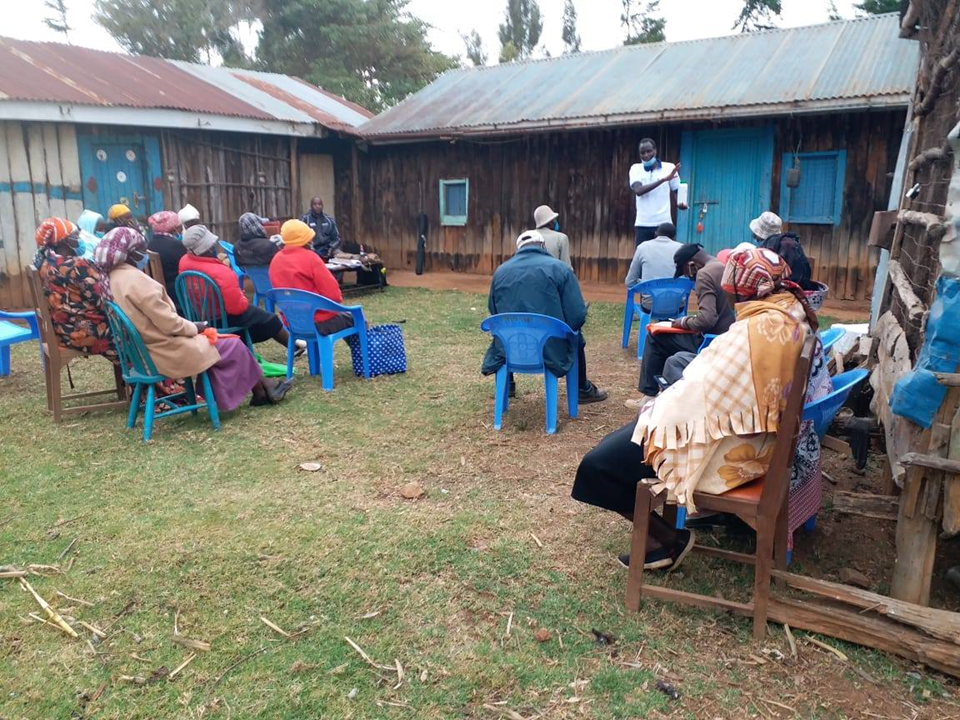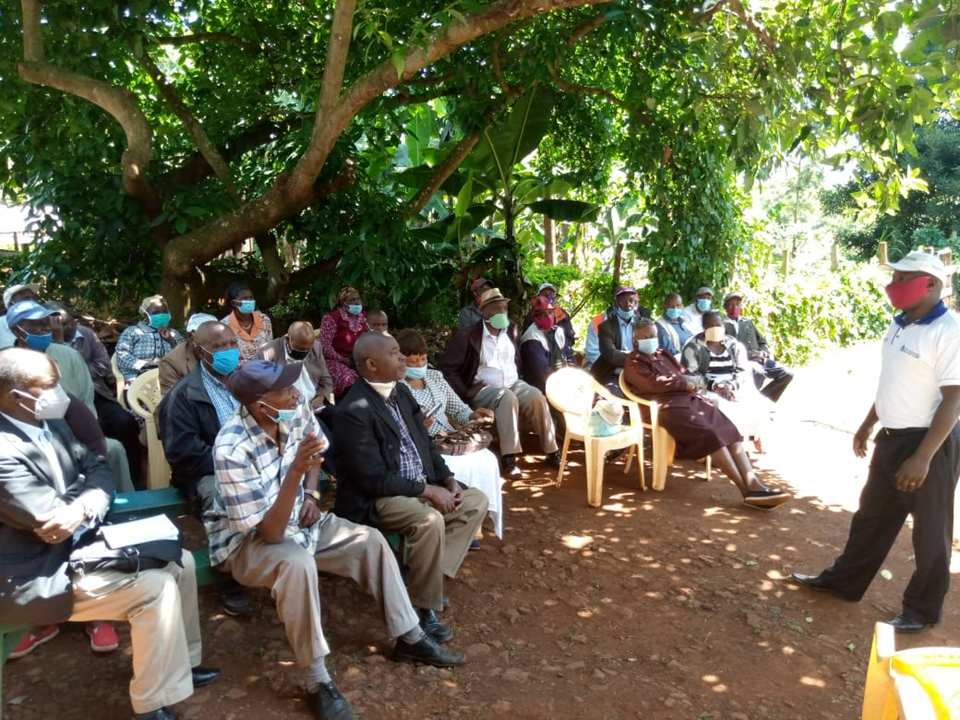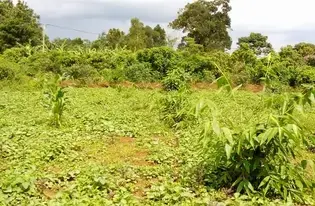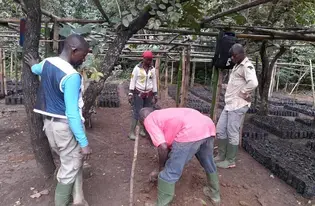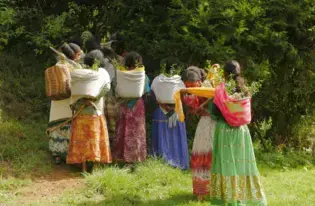Technological advances are rapidly improving the efficiency of agriculture. The incorporation of sophisticated, cutting-edge satellite imagery, robots, and temperature and moisture sensors are now helping make farming safer, more productive, and less environmentally harmful. For example, close monitoring of crop life cycles could help farmers use water, fertilizer, and pesticides in a more cost-effective and environmentally friendly way. A 1,000 hectare plot that would have taken a surveyor 21 days to evaluate can be finished in only one day by drone, saving valuable time and effort.
Most small farmers across Africa, however, don’t have access to the services (or capital) necessary to adopt these innovations. That’s a concern as the effects of climate change, like declining crop yields and water availability, are hurting millions of farmers’ bottom lines: Up to 70% of a farmer’s income could be lost from climate-related losses in crop yields. Adaptation to climate change is direly needed in order to preserve food security and reduce high poverty rates.
Lentera Africa, a Kenyan company led by Moses Kimani, is working to bring these kinds of technologies and innovations to farmers across Africa and help them fight climate change. Unlike many of its competitors, Lentera provides all the services needed for farmers to upgrade and immediately benefit from the new technologies.
The company’s free CropHQ app democratizes access to satellite crop analysis and analytics that can help farmers keep track of crop health. Lentera also assists farmers by providing a custom mix of sensors, smart irrigation advice, and organic fertilizers to increase crop yields by up to 40%. Lentera also provides farmers with a marketplace that connects them to major urban centers, ensuring that farmers have a steady stream of income and consumers have access to fresh, organic produce. Since its founding in 2017, Lentera, which completed the Land Accelerator Africa training program in 2018, has helped close to 250,000 farmers make smart, environmentally beneficial decisions about their crops.
This restoration start-up kept growing in 2020, despite the COVID-19 pandemic. That year, Lentera earned $152,514 in revenue — surpassing their original forecast of $150,000 and overshooting their 2017 revenue by nearly sevenfold. Kimani and his colleagues have helped farmers working on more than 400 hectares transition to using organic fertilizer – replacing their soil-damaging chemical alternatives – and have provided services to an additional 4,500 farmers.
Kimani estimates that the company will continue to grow to a projected annual revenue of $310,000 as it works with more and more farmers. To scale up its operations, Lentera is looking for a $400,000 loan to set up additional facilities, like a climate-smart demonstration farm, and increase market connections for local farmers.
They are also looking to build a cold storage facility that will keep their farmer-customers' organic produce fresh for longer, cutting down post-harvest losses and boosting both the efficiency of the local food system and farmer incomes. The remaining funding will be used to purchase organic produce from farmers, transport the produce to cities, and continue research and development into new technologies.
